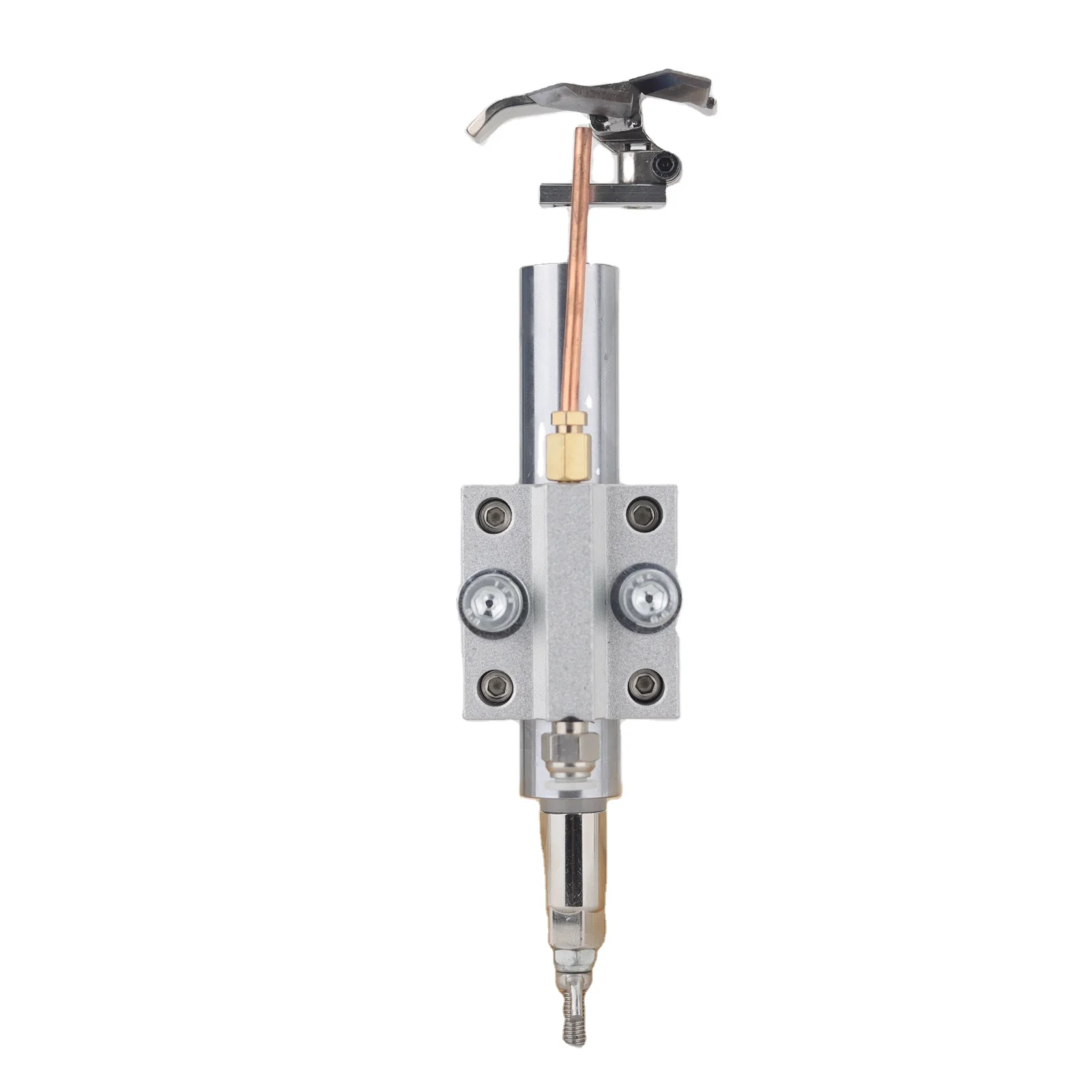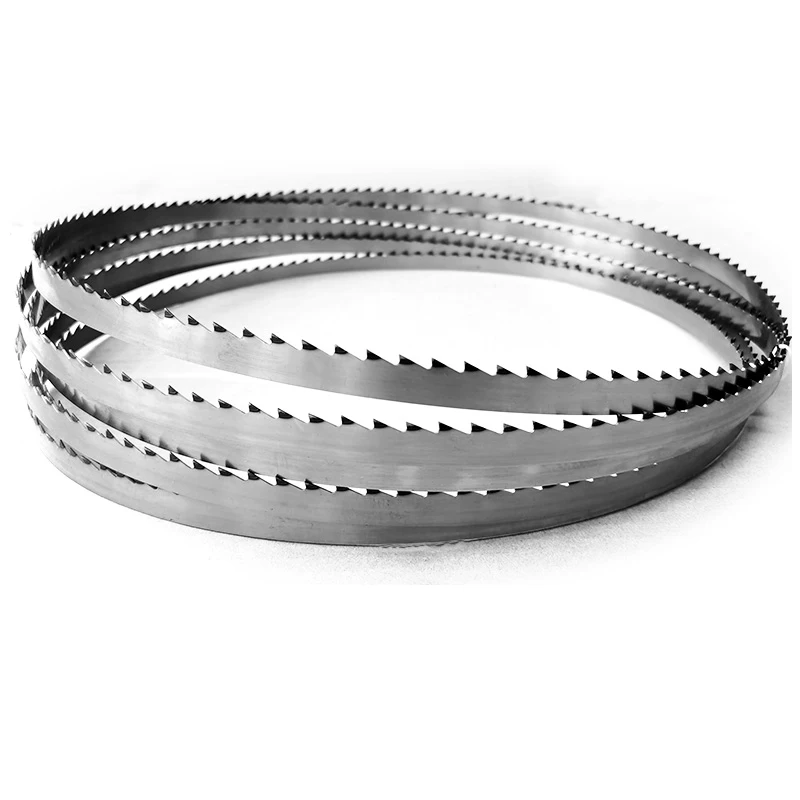Unit 1301-2, No. 365, Chengyi Street, Software Park Phase Iii, Xiamen, Fujian, China +86-18650178166 manager@xmstrongtech.com +86-15159201675 Xiamen Strongtech Co., Ltd.
Unit 1301-2, No. 365, Chengyi Street, Software Park Phase Iii, Xiamen, Fujian, China +86-18650178166 manager@xmstrongtech.com +86-15159201675 Xiamen Strongtech Co., Ltd.
Laser guidance systems revolutionize the precision of cutting in beam saw machines by providing real-time feedback. This technology enhances accuracy through laser-activated sensors, which detect material edges and optimize cut depth with remarkable efficiency. For example, leading manufacturers have successfully integrated these laser systems into their beam saw machines, allowing operators to achieve immaculate cuts every time. The laser guidance acts as a vigilant observer, constantly adjusting to ensure precision and minimizing errors. This advancement doesn't just elevate the quality of the cuts; it streamlines the entire process, saving time and reducing material waste.
Adaptive blade systems in beam saw machines offer an intelligent solution for processing various materials by automatically adjusting to the type of material being cut. This adaptability reduces material waste and improves cutting times, thereby enhancing overall productivity. For instance, innovative blade designs enable seamless transitions between wood cutting saw blades and composite materials, ensuring optimal performance across diverse substrates. Statistics reveal significant improvements, such as up to 30% reduction in material waste and 25% faster cutting times, showcasing the efficiency of these adaptive systems.
The integration of CNC router bits within beam saw machines allows for the creation of intricate designs with unmatched precision. This combination brings significant efficiency gains, transforming traditional cutting setups into sophisticated tools capable of developing complex wood profiles. Notable case studies, such as those from companies that have successfully adopted CNC technology, demonstrate how CNC router bits streamline processes and elevate the capability of beam saw machines. These integrations emphasize the collaboration between CNC technology and beam saw machines, pioneering innovation and expanding possibilities in the woodworking industry.
Automatic panel loading and unloading systems are transforming wood processing by significantly enhancing operational speed and reducing labor costs. These systems streamline the workflow, allowing businesses to handle large volumes of material with minimal human intervention. Statistics have shown that incorporating automation reduces processing times by up to 30%, making wood cutting operations more efficient and cost-effective. The technology behind these systems involves synchronized loaders that seamlessly integrate with different panel saw machine models, providing versatility across various setups. As automation becomes more sophisticated, the compatibility with a range of beam saw machines ensures that this technology is accessible to manufacturers aiming to optimize their operations.
AI-driven cutting optimization software plays a pivotal role in analyzing cutting patterns and optimizing blade movements to enhance efficiency in wood processing. This cutting-edge technology utilizes sophisticated algorithms to predict and adjust cutting paths, ensuring optimal resource utilization and minimal waste. Research findings have shown that AI-driven solutions can increase productivity by over 20%, according to studies published by industry analysts. Businesses are leveraging this software not only for cost savings but also to ensure precision that meets customer requirements consistently. These solutions empower manufacturers to streamline processes, thereby improving overall operational effectiveness.
Multi-axis positioning systems are revolutionizing panel saw efficiency by enhancing cutting versatility and accuracy in beam saw machines. By enabling intricate movements and adjustments, multi-axis technology allows for precise cuts in complex wood profiles, expanding the capabilities of traditional saw setups. These systems are particularly beneficial in high-volume production environments where adaptability and precision are critical. Industries such as furniture manufacturing and cabinetry benefit immensely from these capabilities, enabling them to produce detailed designs with minimal errors. The integration of multi-axis positioning in beam saw machines exemplifies how technological advancements continue to drive efficiency in wood processing and offer competitive advantages to those who adapt.
Anti-kickback technology is a vital innovation that significantly enhances operator safety in woodworking environments. This technology prevents the sudden and forceful ejection of a workpiece that can occur during cutting, reducing injury risks. Various studies have shown a notable decrease in workplace injuries linked to kickback incidents since adopting anti-kickback technology—statistics indicate up to a 30% drop in such accidents in facilities using advanced beam saw machines. This technology has been incorporated by leading manufacturers like the Original Saw Company, reflecting their commitment to safety and efficacy.
Dust extraction systems play a crucial role in maintaining safe and clean working environments in woodworking workshops. The production of wood dust can pose serious health risks, including respiratory issues and other long-term ailments. By implementing effective dust extraction systems, these risks are substantially mitigated. For instance, modern beam saws are equipped with advanced dust extraction technology that captures over 90% of airborne particles, ensuring cleaner workspaces and healthier operators. Examples of such systems include high-efficiency dust extractors integrated into panel saw machines used by industry leaders.
The importance of energy-efficient motors in reducing operational costs for beam saw machines cannot be overstated. These motors consume significantly less energy compared to traditional options, offering substantial savings on electricity bills while enhancing the sustainability of woodworking operations. Comparative data reveals that energy-efficient motors can reduce energy consumption by up to 40%, demonstrating their economic advantage. Moreover, adopting these motors aligns with broader sustainability efforts by decreasing carbon footprint and resource utilization. Embracing these advanced motor technologies not only delivers cost savings but fosters eco-friendly practices within the industry.
Preventive maintenance is crucial for ensuring the longevity and optimal performance of beam saw machines. Regular upkeep can significantly extend the lifespan of these machines. Here's a checklist of routine tasks operators should follow:
1. Inspection: Regularly check all machine components for wear and tear.
2. Lubrication: Ensure all moving parts are adequately lubricated to reduce friction.
3. Cleaning: Clean the machine to remove sawdust and debris that can interfere with its operation.
4. Calibration: Regular calibration of the machine to maintain cutting accuracy.
5. Safety Checks: Perform frequent safety checks on all components and emergency stop functions.
Statistics show that consistent preventive maintenance can extend a machine's lifespan by 30%. These practices not only ensure the machine runs smoothly but also prevent unexpected breakdowns, ultimately saving costs associated with repairs and downtime.
Upgrading router bits and blades is critical in maintaining cutting performance and quality. High-performance woodworking router bits and saw blades ensure precision and durability, thus contributing to efficient workflows. Based on usage and material type, experts recommend upgrading every 6-12 months to maximize efficiency.
Manufacturers like Freud and Bosch offer various high-performance router bits designed for diverse woodworking tasks. Regular upgrades are vital as they enhance the machine's ability to handle different materials, leading to improved output and reduced wear on components.
Software calibration plays a vital role in achieving precision and consistent cutting outputs on beam saw machines. The calibration process involves adjusting the software settings to match the desired accuracy levels, which should be performed regularly, preferably every month, to optimize performance.
Studies show that regular software updates and calibrations can improve cutting accuracy by up to 25%. This ensures that the machine operates within required specifications, reducing errors and material wastage. Beam saw machines equipped with updated software provide superior alignment and cutting precision, essential for high-volume production environments.





